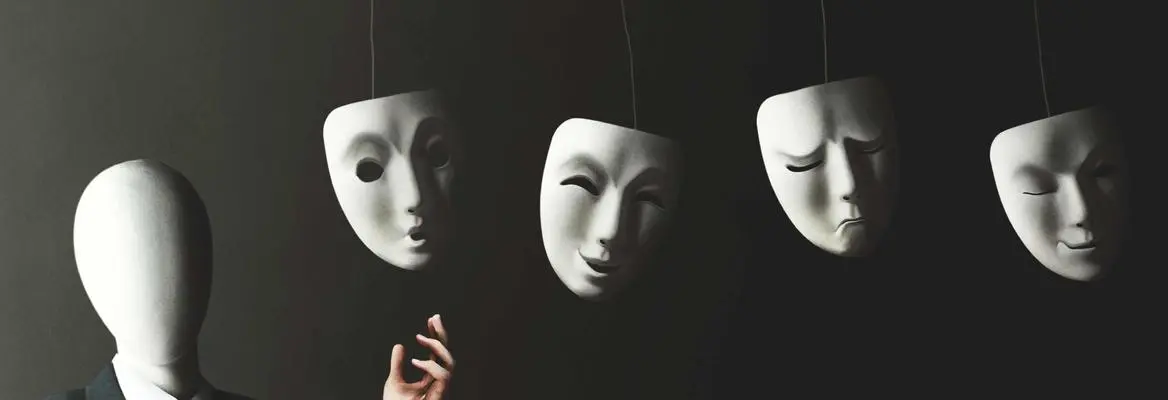There is no evidence of its existence. Yet the idea of the true self – who you really are deep down – is everywhere in our popular culture: in music, literature, films, and the entire self-help industry. But even if our journeys of self-discovery set out to find something that doesn’t exist, and even if there’s no such thing as “becoming who we really are”, believing we have a true self helps us make sense of the world, find our lives more meaningful, and act more morally, argue Rebecca Schlegel and Joshua Hicks.
There are plenty of reasons to be skeptical of the existence of a true self (at least as most people imagine it). When people think about their true selves, they tend to imagine a stable homunculus-like entity that exists within them that doesn’t change across situations or over time. This homunculus-like entity is perceived to be our essence – the thing that endows a person with their traits, skills, and interests. Yet, academic psychologists have demonstrated time and time again that people’s answers to the question “who am I?” are culturally informed, contingent upon their current situations, and change over one’s lifespan. Further, even the most advanced brain measurement techniques have yet to illuminate any signs of a homunculus residing within us. All of these findings call into question whether any such entity is really plausible.
Of course, evidence from the psychological sciences often bears little weight on most people’s lay beliefs about personhood. Indeed, there is something incredibly intuitive and hard to shake about the prospect of having a true self. For example, imagine how you might feel after finding out that a close friend is converting to the other side of the political spectrum. It is not uncommon in these types of situations to wonder which version of our friend is the “real” one? Has this conversion brought your friend’s behavior more in line with their true self or is something pulling them away from who they really are? Is your friend’s true self the one who agrees with you or the one who disagrees with you? We often have similar questions about our own lives. Behaving in a way we think is immoral or making a big change in our lives can make people feel like Alice did after eating a piece of magic cake and start to wonder “Who in the world am I?”
If the idea of a true self occupies our minds, is it problematic that it might not actually exist?



















Join the conversation